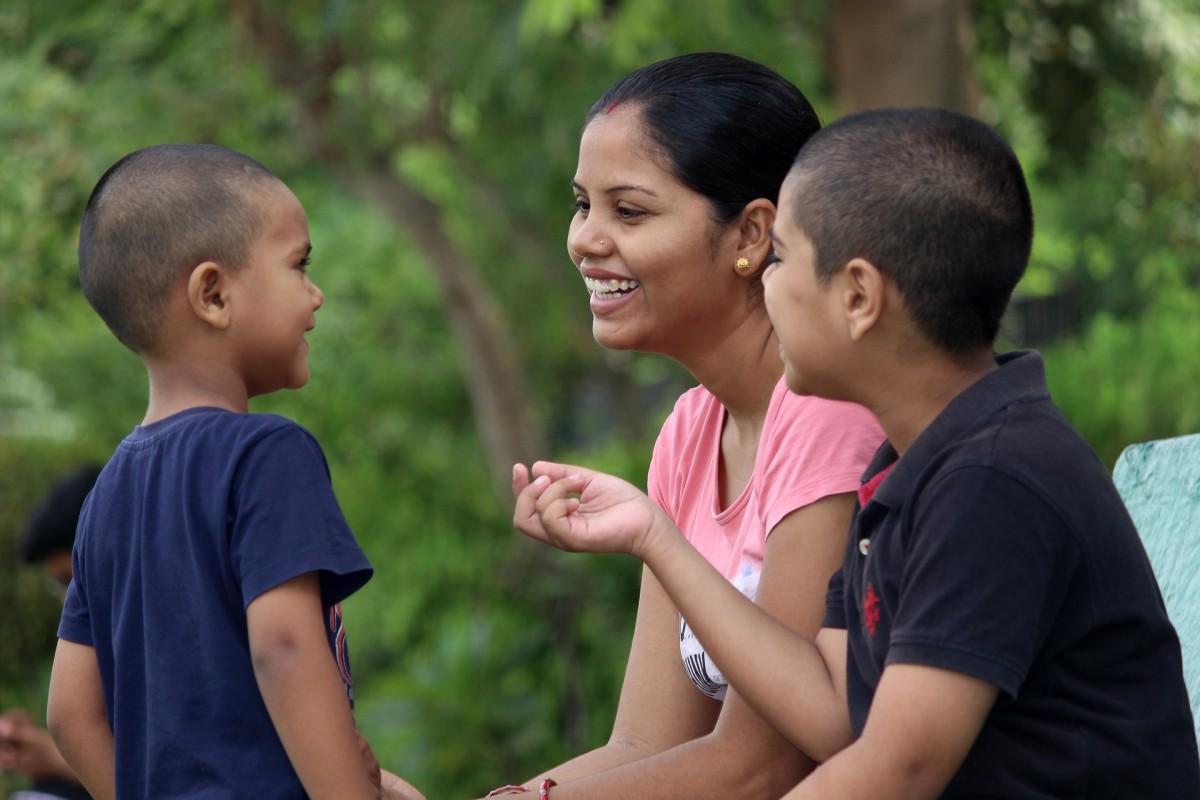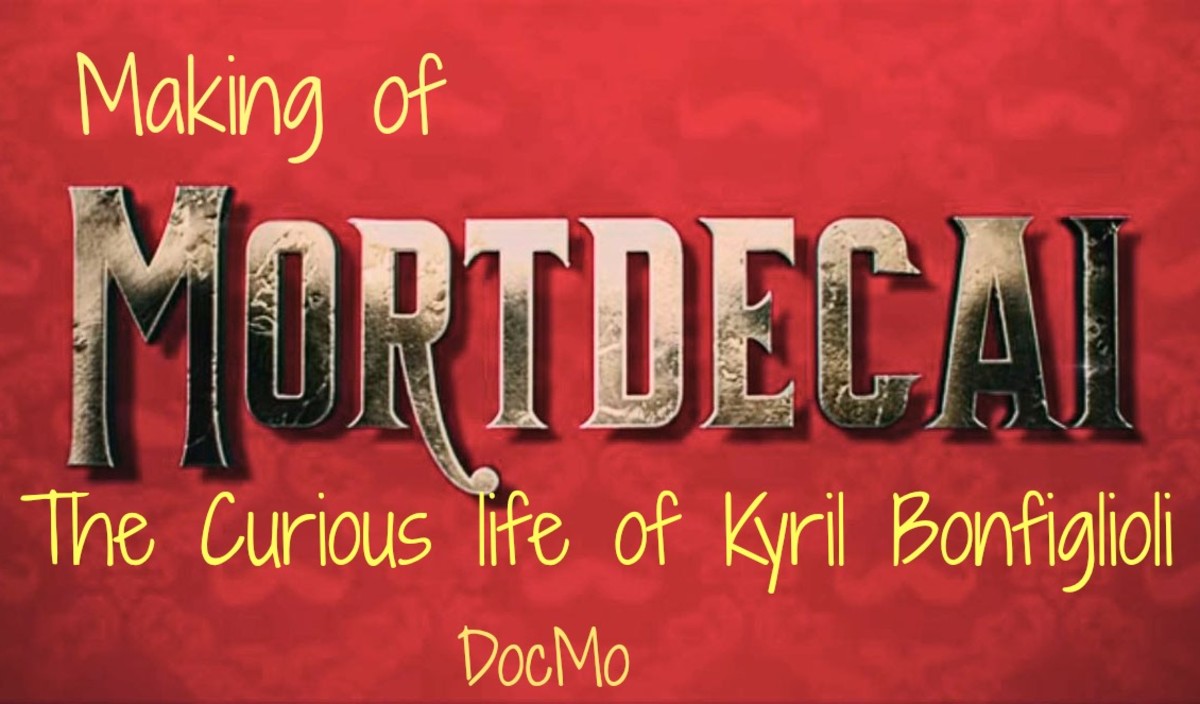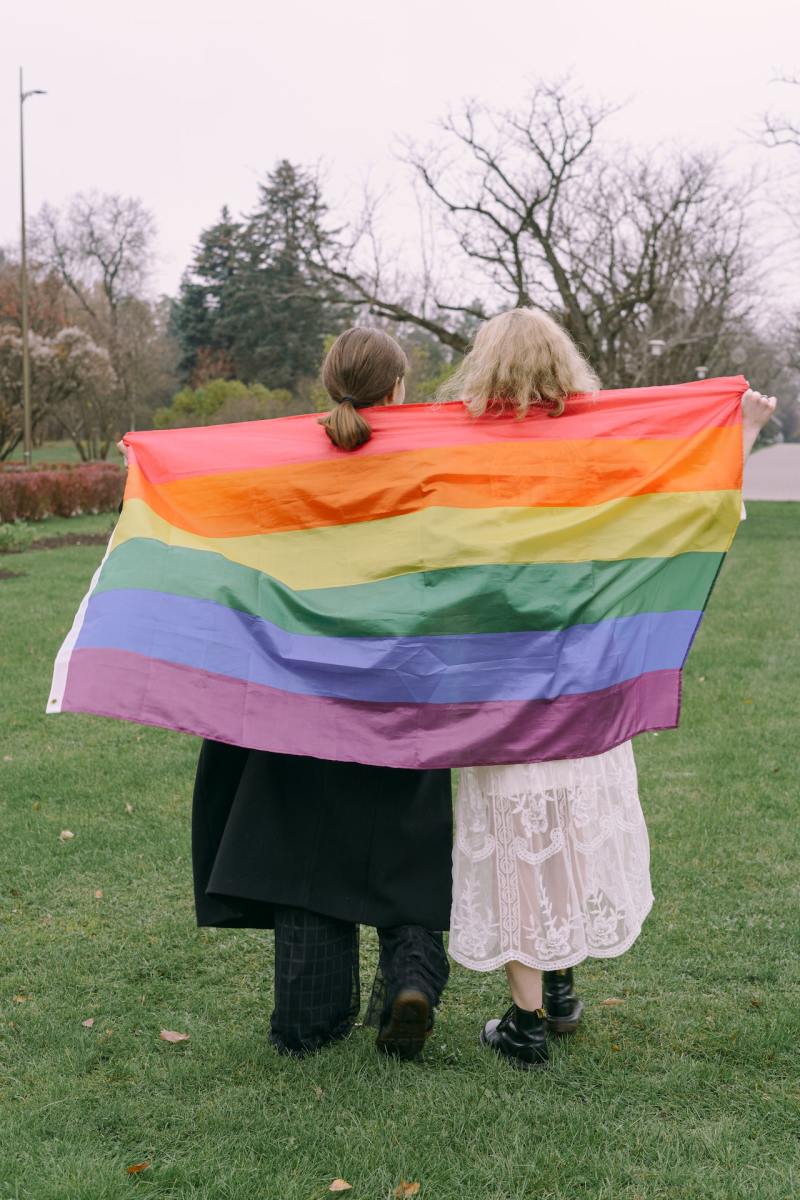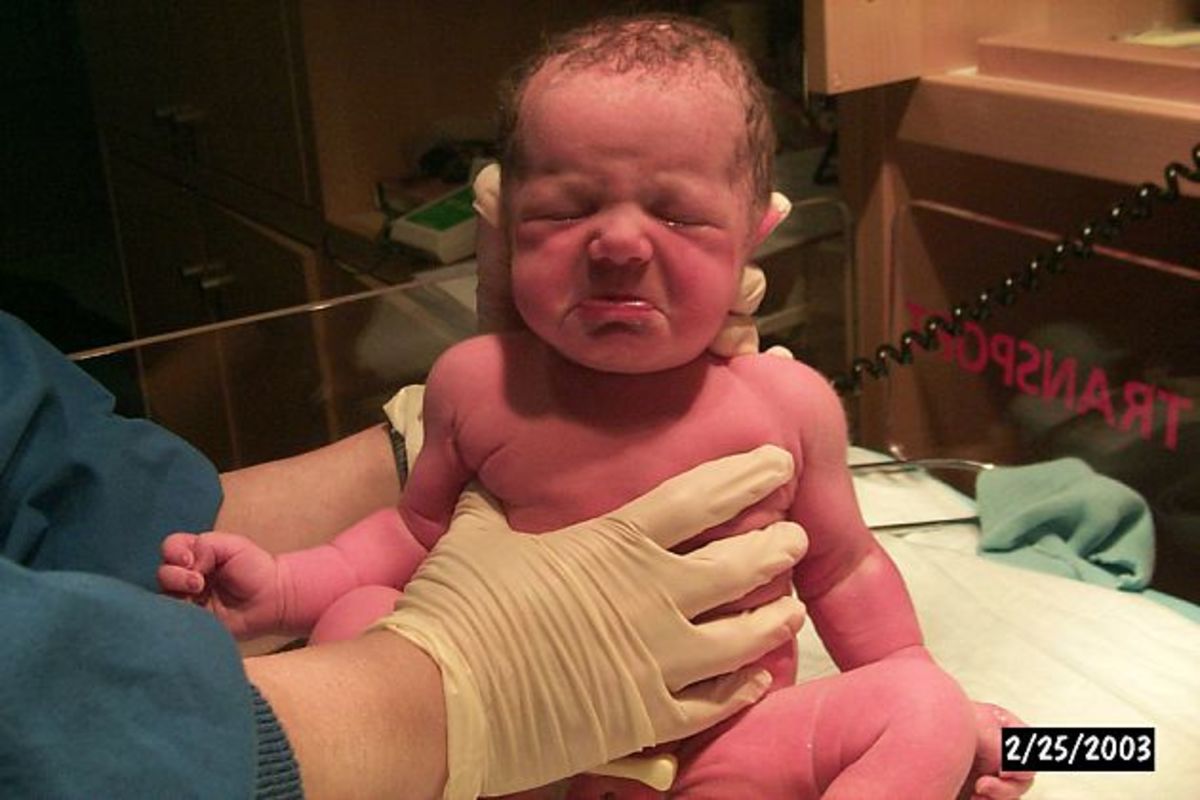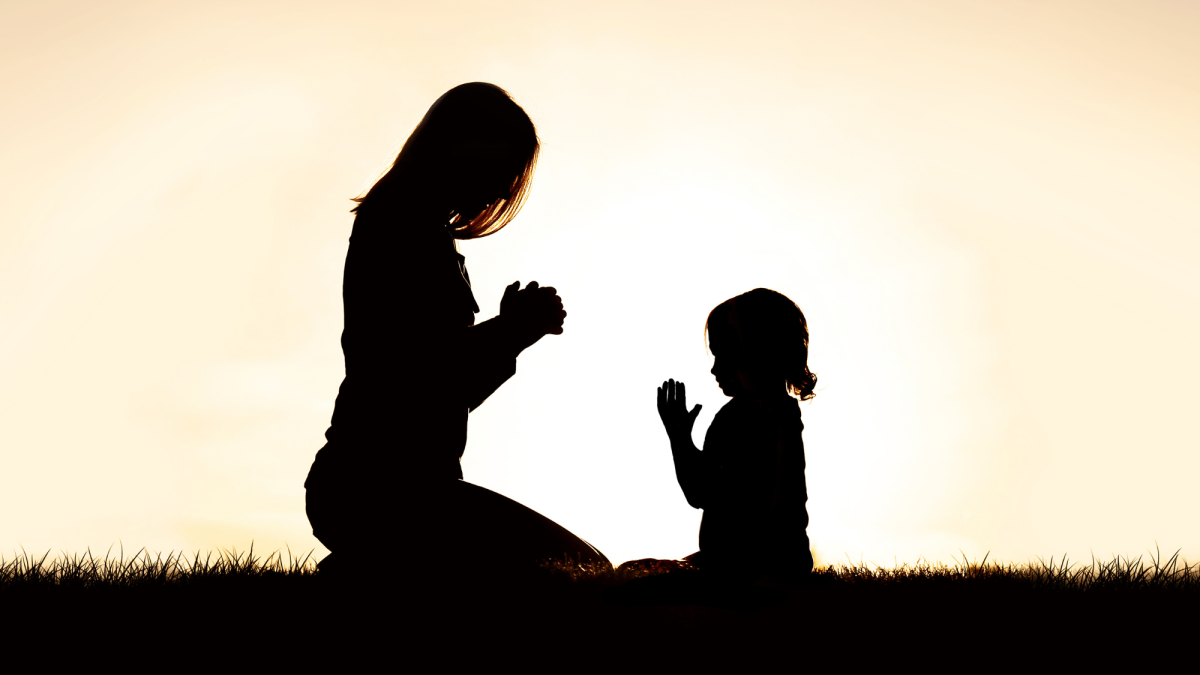Fostering Curiosity in Preschoolers
Surrounded by around fifty kids in a preschool, we are subject to a lot of questions day in and day out. Questions range from "What's that?" to "How come?" and "Why?" Why is the car driving fast? Why is the priest blessing the host? Why can't I play today? Why do I have to eat? Why do babies sleep early? And so on...
And guess what is the outcome of all this? One either gets into the curious mode also and begins to put on the Hat of Wonder or one ends up losing patience and faces the child with the most ferocious look that screams "Don't you dare ask me why!" (Of course, we educators never do the latter part but I notice we just ignore the questions instead.)
WHAT IS CURIOSITY?
1. A desire to know or learn.
2. A desire to know about people or things that do not concern one; nosiness.
3. An object that arouses interest, as by being novel or extraordinary: kept the carved bone and displayed it as a curiosity.
4. A strange or odd aspect.
5. Archaic. Fastidiousness.
- The American Heritage Dictionaries
CURIOSITY QUOTES:
"The first and simplest emotion which we discover in the human mind, is curiosity."
--Edmund Burke
"The important thing is not to stop questioning. Curiosity has its own reason for existing. One cannot help but be in awe when he contemplates the mysteries of eternity, of life, of the marvelous structure of reality. It is enough if one tries merely to comprehend a little of this mystery everyday. Never lose a holy curiosity. "
-- Albert Einstein
"Life must be lived and curiosity kept alive. One must never, for whatever reason, turn his back on life."
--Eleanor Roosevelt
"We keep moving forward, opening new doors, and doing new things, because we're curious and curiosity keeps leading us down new paths."
-- Walt Disney
"Creatures whose mainspring is curiosity enjoy the accumulating of facts far more than the pausing at times to reflect on those facts."
-- Clarence Day
"You can teach a student a lesson for a day; but if you can teach him to learn by creating curiosity, he will continue the learning process as long as he lives."
-- Clay Bedford
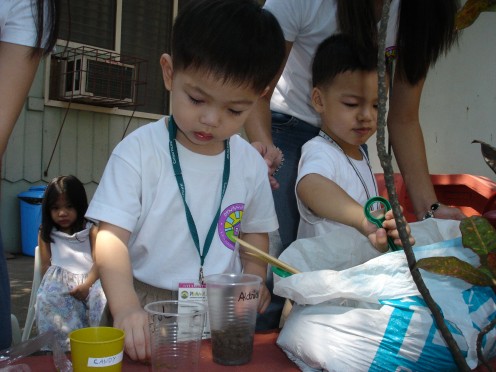
How to Foster Curiosity in Preschoolers
Be Curious Yourself
Whether we like it or not, parents, teachers and other people surrounding children play a major role on how they view the world. Are you still curious about the things that happen around you? Do you stop and look at the sky and wonder why they are blue? Does seeing a rainbow excite you? Do you still want to learn and read about things you don't know? Are you still curious?
Be curious. Your curiosity will be infectious. And your kids will learn much from you.
Allow children to ask questions
Allowing children to ask questions means they are using their brain and thinking processes. Asking questions means they are interested. And remember this very important detail-- Interested children are more open to learning. Teachers can also spend some time in class just allowing the kids to ask questions. Sometimes one question can lead to another question and actually becomes a reflective process.
Create a time to wonder together
Try using certain moments of the day when you and your child could wonder together. Depends on the age, the questions could range from simple questions like "I wonder where that airplane is going?" to "Are computers like our brains?" or "How many buses are there in the garage."
Explore different places
A visit to the museum, art gallery, parks, vegetable gardens, farms and other sites where you haven't been to before spices up interest. My nephew loves animals. And you could see his face lighting up when he got the chance to feed the cows and kangaroos. He was asking questions one after the other and still remembers those visits up to this day. I also enjoy listening to my dad who would never hesitate to ask the tourist guide many things about the cities he visited.
Look at things differently
Ever experimented looking at things differently? How about looking at things through a magnifying glass or a telescope? Have you ever tried lying on your back and watched the sky and the stars twinkling in the night? View the world from many perspectives.
What do you see?
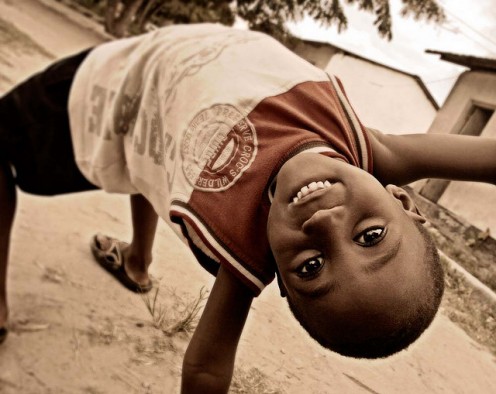
What do you do if you are tired of answering the WHY's?
Do we really want them to go through life with eyes full of disinterest? Or do we say a prayer of gratitude knowing that they can look at life with eyes of wonder and eagerness?
When you start hearing the "Why?...Why?... How come? ..." and you are ready to burst in frustration, breathe deeply and say, "Hey, that is a good question. Why don't we get a book and figure it out together."
In a Nutshell
Children have this amazing level of curiosity. At age 4, my nephew Aldrich never ceases to make me laugh with his questions. Curiosity is a building block for motivation and reflective thinking. It helps kids get involved and sets them free to explore their world.
BY: MICHELLE SIMTOCO


